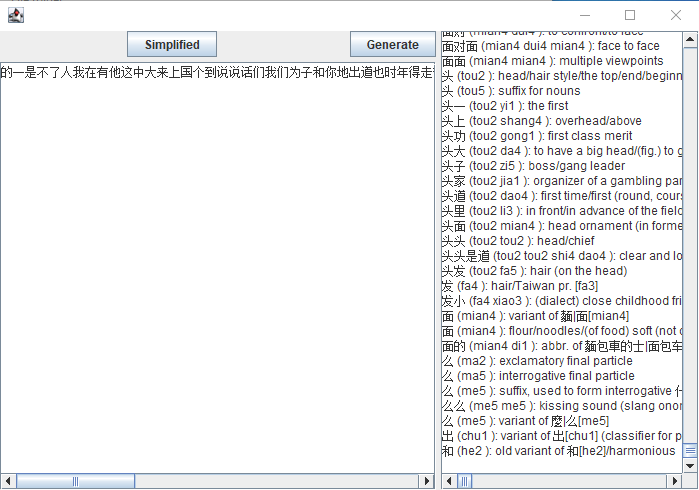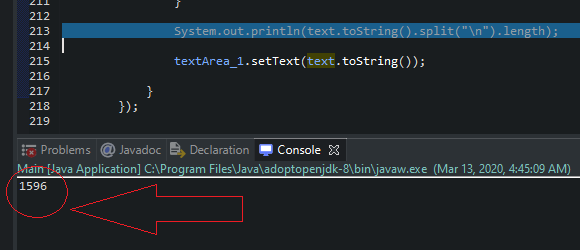I figured that it'd be more beneficial for me currently if I get a better grasp of the characters I already know rather than learning new ones, so I've compiled a list of all the characters I've learned so far. I am wondering if there is a piece of software or website that I can use, where I can input a list of characters and it outputs a list of words that can be formed using only those characters?
As it stands, I can learn how to write characters very easily, and I can remember the pinyin for each character easily, but I can't for the life of me remember what tone should be associated with the character. I hope that by becoming familiar with the characters in as many different combinations as possible I'll hopefully remember their tones better.
If nothing else, I'd be able to expand my vocabulary without increasing the number of characters that I already have trouble remembering the tones for.

